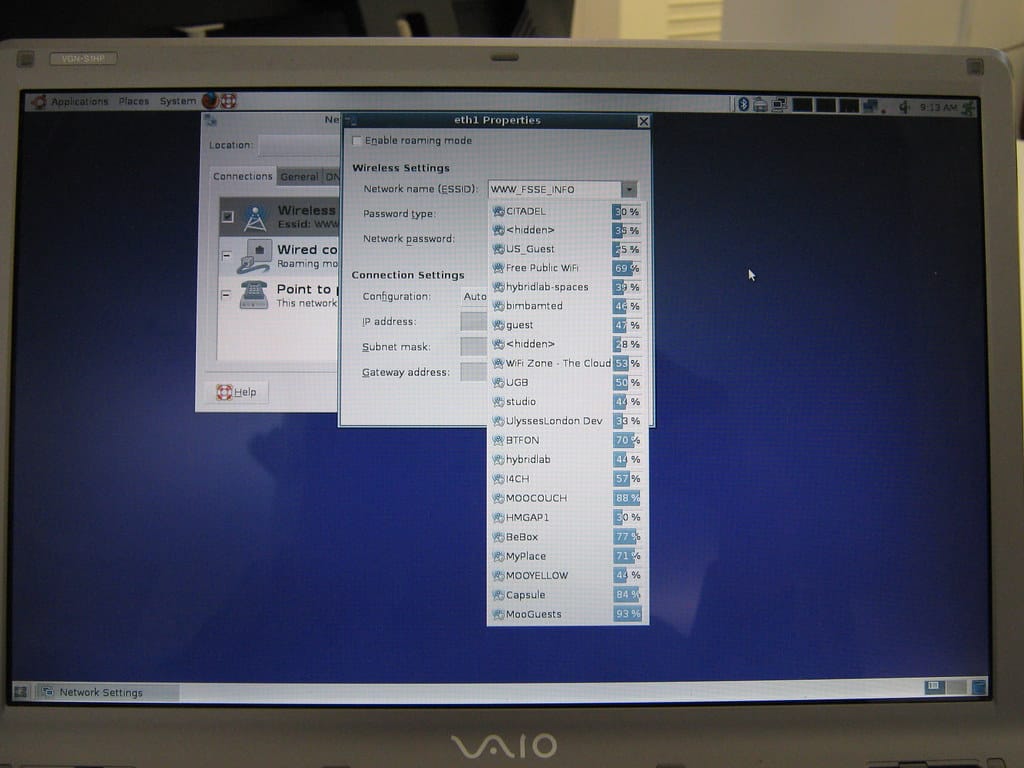Hidden Senate GOP Budget Provision Could Cripple Your Home Wi-Fi Network
A seemingly innocuous provision tucked deep within the Republican-led Senate's latest budget proposal could dramatically slow down your home internet connection and drive up costs for wireless services across America. The little-noticed clause targets spectrum allocation rules that currently keep Wi-Fi networks running smoothly in millions of households and businesses.
What's Hidden in the Fine Print
Buried on page 847 of the 1,200-page budget reconciliation bill is Section 3047, which would auction off portions of the 6 GHz spectrum band currently designated for unlicensed use. This technical-sounding provision has massive implications for everyday internet users, as the 6 GHz band is essential for Wi-Fi 6E and the upcoming Wi-Fi 7 standard that promise faster, more reliable wireless connections.
The provision would allow the Federal Communications Commission (FCC) to sell these spectrum rights to telecommunications companies, potentially creating interference with existing Wi-Fi networks and forcing consumers to upgrade their equipment or accept degraded performance.
Why This Matters for Your Daily Life
The 6 GHz spectrum band, often called "Wi-Fi's superhighway," was opened for unlicensed use in 2020 after years of advocacy from tech companies and consumer groups. This expansion tripled the amount of spectrum available for Wi-Fi, enabling:
- Faster streaming: 4K and 8K video content without buffering
- Better video calls: Reduced lag and improved quality for remote work
- Smart home functionality: Seamless connectivity for dozens of IoT devices
- Gaming performance: Lower latency for online gaming and virtual reality
"This is like taking away half the lanes on a highway during rush hour," explains Dr. Sarah Chen, a spectrum policy expert at the Technology Policy Institute. "Consumers will immediately notice slower speeds and more dropped connections."
The Budget Connection
Republicans argue the spectrum auction could generate up to $15 billion in revenue to help offset budget deficits. The Congressional Budget Office estimates that auctioning these frequencies could bring in between $8-20 billion over the next decade, making it an attractive option for lawmakers seeking to balance spending priorities.
However, critics point out that this one-time revenue boost comes at the expense of long-term economic benefits from robust Wi-Fi infrastructure. A recent study by the Wi-Fi Alliance found that Wi-Fi contributes over $500 billion annually to the U.S. economy through increased productivity and innovation.
Industry Pushback Intensifies
Major technology companies have launched an unprecedented lobbying effort against the provision. A coalition including Google, Microsoft, Apple, and Amazon sent a joint letter to Senate leadership warning that the change could "undermine America's leadership in wireless innovation and harm consumers."
The letter specifically highlights concerns about:
- Increased costs for consumers who would need new equipment
- Reduced competition in the wireless market
- Potential national security implications from weakened Wi-Fi infrastructure
Telecommunications companies, however, support the provision, arguing they need more licensed spectrum to deploy 5G networks and improve cellular coverage in rural areas.
Real-World Impact Scenarios
If the provision becomes law, consumers could face several immediate consequences:
Home Networks: Existing Wi-Fi 6E routers and devices might experience significant interference, forcing users to downgrade to older, slower standards or purchase new equipment compatible with remaining unlicensed spectrum.
Public Wi-Fi: Airports, coffee shops, and hotels that have invested in Wi-Fi 6E infrastructure could see their networks become unreliable, potentially requiring costly upgrades or replacements.
Remote Work: The millions of Americans working from home could experience degraded video conferencing quality and slower file transfers, impacting productivity.
What Happens Next
The budget bill faces several hurdles before becoming law. It must pass the full Senate, where it needs all 50 Republican votes plus Vice President approval, then navigate the House where Democrats maintain a narrow majority.
Industry experts predict intense lobbying in the coming weeks as the tech sector mobilizes to strip out the spectrum provision. "This is a classic case of short-term thinking sacrificing long-term innovation," warns telecommunications analyst Mark Rodriguez.
The Bottom Line
While budget negotiations often involve technical provisions that escape public notice, this particular clause could have far-reaching consequences for American consumers and businesses. As lawmakers weigh the immediate revenue benefits against potential long-term costs to innovation and consumer welfare, the outcome will likely shape the future of wireless connectivity in America.
Stay informed about this developing story – your Wi-Fi speed may depend on it.
